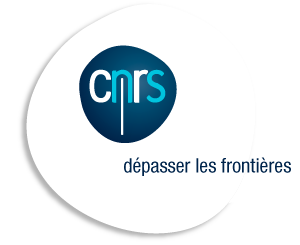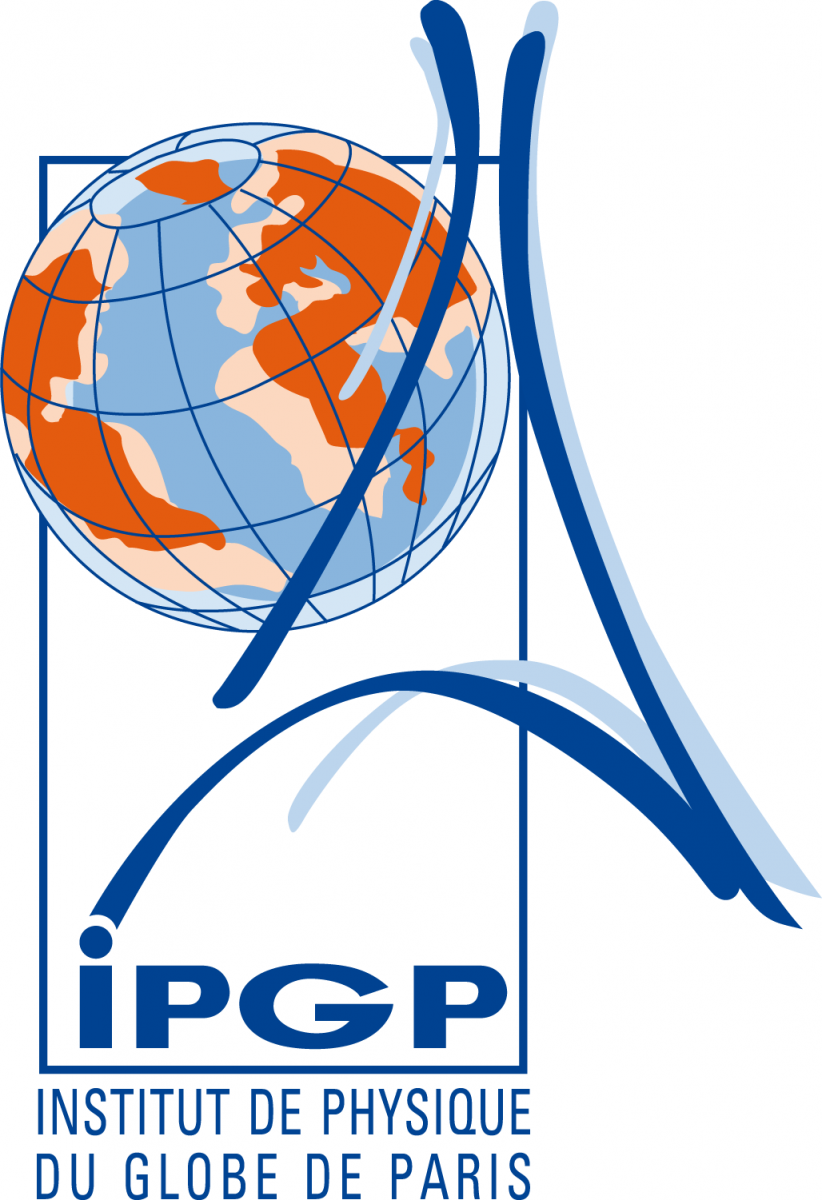The GeoHab 2019 Annual Conference will be held in St. Petersburg (Russia) at A. P. Karpinsky Russian Geological Research Institute from 13 to 17 May 2019.
GEOHAB (Marine Geological and Biological Habitat Mapping) is an international association of marine scientists studying geological, biological, and physical oceanographic processes as indicators of benthic habitats and ecosystems and used as proxies for biological communities and species diversity. The GeoHab Community is linking geology and biology.
The annual conference brings geologists, biologists, acousticians, statisticians, spatial analysts and environmental managers from around the world and provides a truly multidisciplinary forum for the exchange of knowledge and ideas that underpin sustainable ocean management and mapping. GeoHab is now in its 18th year and has several publications (see list at http://geohab.org/publications/) based on work contributed by members, coordinated through annual meetings.
GeoHab conferences are organized as an informal, single-stream session, which encourages dialogue between delegates and exhibitors. Additional poster presentations remain on display for the duration of the meeting. The conference poster room houses an exhibition of industry technology and products used in the marine environmental community. Students are encouraged to attend and grants are available.
Abstract are to be submitted from 15 December 2018 to 1 February 2019
General themes of conference:
Shelf and deep-sea habitats: This session to include deep-water methods, technological advances, and discussion of specific shelf and deep-sea habitats, as well as how their distribution and specific characteristics may play an important role at broader scales. Talks may include habitat mapping on the shelf and in the deep-sea for conservation and management purposes.
Coastal and shallow water habitats: This session will have a particular focus on linking methodologies from terrestrial remote sensing (including the emergence of aerial drones) to shallow water environments. Talks may include habitat mapping in coastal and shallow water habitats for conservation and management purposes.
Mapping, planning, and impact assessment for ocean energy: This session will focus on the use of seafloor mapping technologies and case studies associated with marine renewable and conventional energy.
Marine Minerals: This session will focus on habitat issues related to marine minerals development including aggregates and deep-sea minerals (e.g. seafloor massive sulfides, polymetallic nodules).
Deep-water coral habitats: For presentations about coral habitat discovery, significance, and management.
Seeps and Hydrates: Talks about mapping and understanding seeps, gas hydrates, and the chemosynthetic ecosystems fueled by release of methane at the seafloor.
Interactions between oceanographic processes and habitats. This session will focus on geologic-habitat and biotic-habitat change and presence-absence as a function of bathymetric position, currents, waves, and water chemistry.




